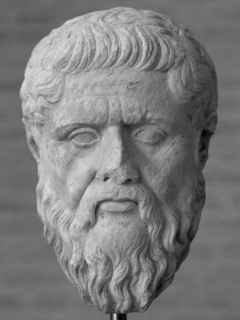

Aspects of mathematical experience
pp. 195-217
in: Evandro Agazzi, György Darvas (eds), Philosophy of mathematics today, Berlin, Springer, 1997Abstrakt
In the current discussion on philosophy of mathematics some do as if systematic foundational work supported an exclusive alternative between Platonism and Constructivism; others do as if such mathematical and logical research were deeply misguided and had no bearing on our understanding of mathematics. Both attitudes prevent us from grasping insights that underlie such work and from appreciating significant results that have been obtained. In consequence, they keep us from turning attention to the task of understanding the role of accessible domains for foundational theories and that of abstract structures for mathematical practice.


